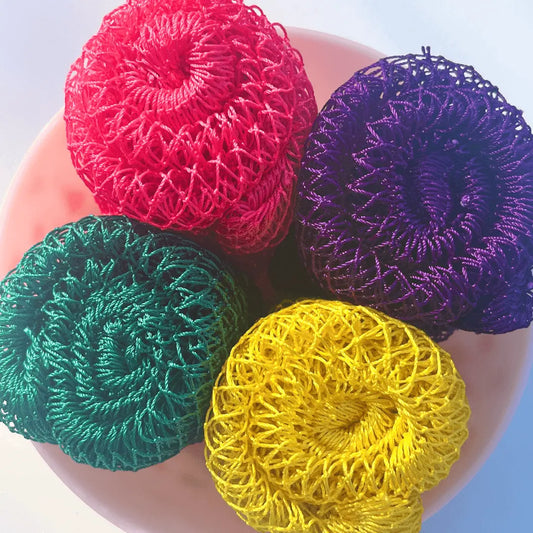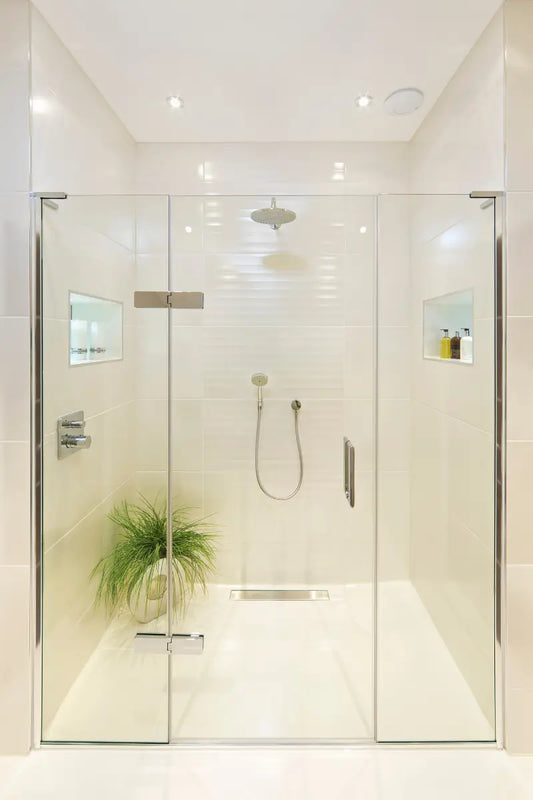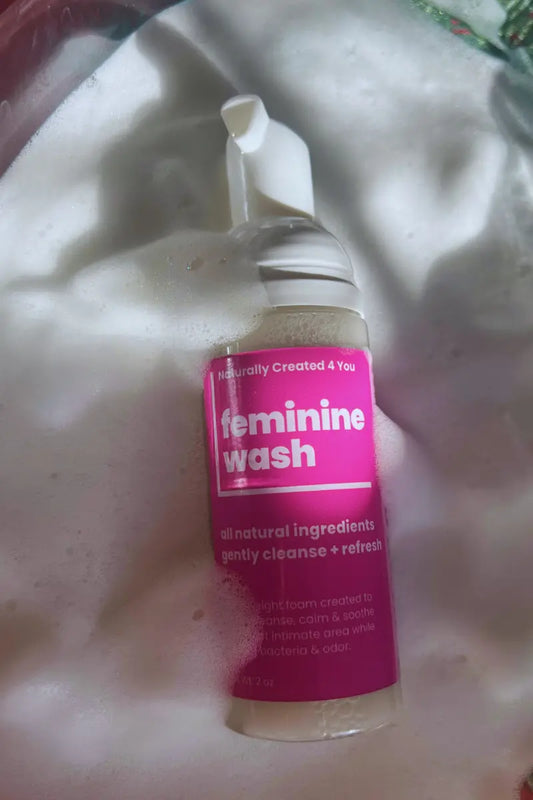When it comes to skin care, choosing the right exfoliation tool is crucial for achieving smooth and healthy skin. The debate between loofah vs sponge has been ongoing, leading many to question which option provides superior exfoliation. In this article, we will delve into the differences between traditional loofahs and the African net sponge, a popular choice celebrated for its exfoliating properties. By understanding these two options, you can make an informed decision for your bathing routine.
Understanding Exfoliation and Its Benefits
What is Exfoliation?
Exfoliation is the process of removing dead skin cells from the surface of the skin. This is essential for several reasons. By eliminating these cells, you can prevent clogged pores, which can lead to breakouts and skin irritations. Moreover, exfoliating promotes the growth of new skin cells, resulting in a healthier, more radiant appearance. Various methods exist for exfoliating, including mechanical, chemical, and enzymatic exfoliation. Mechanical options, like sponges and loofahs, physically scrub the skin to achieve the desired results.
Benefits of Exfoliating Regularly
- Improves skin texture and tone
- Reduces the appearance of fine lines and wrinkles
- Enhances blood circulation, promoting skin health
- Allows for better absorption of skincare products
- Prevents dry patches and flakiness
Loofah: A Traditional Exfoliation Tool
What is a Loofah?
A loofah, often made from the dried fibers of the luffa plant, has been used for centuries as a natural exfoliant. Its fibrous structure can effectively slough off dead skin cells, making it a popular choice in many households. Loofahs can be found in both natural and synthetic forms, though many prefer the natural option for its sustainability.
How to Use a Loofah
To achieve desired results using a loofah, it's essential to wet it thoroughly before use. Apply your favorite body wash to the loofah and gently scrub your skin in circular motions. Be cautious, as excessive pressure can irritate sensitive skin. After each use, rinse the loofah well and allow it to dry completely to prevent mold growth.
View the Product
The African Net Sponge: A Superior Alternative
What is the African Net Sponge?
The African net sponge, also known as the Sapo bathing sponge, is a durable and effective exfoliation tool made from 100% nylon. This innovative sponge is known for its unique textured surface that provides a deeper cleansing experience, making it an excellent alternative to traditional loofahs. Hand-made in Ghana, the African net sponge has gained popularity due to its effectiveness and longevity.
Benefits of Using the African Net Sponge
- Exfoliates effectively, helping to remove dead skin and unclog pores
- Dries quickly, minimizing bacteria buildup and odors
- Improves blood circulation during use
- Lathers efficiently, requiring less soap
- Can last up to two years with proper care
Does life keep Life-ING?
If life has felt nonstop lately, I created a free 5-day reset to help you slow down and refocus your time with God, others, and yourself.
A 5-Day Reset for When Life Doesn’t Care That You’re Tired
Get the Free 5-Day ResetComparing the Two: Loofah vs Sponge
Fiber Structure and Texture
The primary difference between loofahs and the African net sponge lies in their fiber structure. Loofahs offer a coarse texture that can provide a robust scrubbing action. In contrast, the African net sponge features a mesh-like structure that allows for both gentle and rigorous exfoliation, catering to various skin types.
Durability and Maintenance
While traditional loofahs require regular replacement and careful maintenance to avoid bacterial growth, the African net sponge dries much faster, reducing the risk of mold and bacteria. This durability means that the net sponge can be used for a more extended period, making it a more cost-effective option over time.
Conclusion: Which One Should You Choose?
When deciding between a loofah and an African net sponge, consider your unique skin needs and preferences. If you prefer a more natural and eco-friendly option, a loofah may still appeal to you. However, if you are seeking a thorough cleansing experience with longevity and reduced maintenance, the African net sponge is hard to beat. Its gentle yet effective exfoliating properties not only offer rejuvenating benefits for the skin but also serve as a cultural connection to traditional bathing practices.
Ultimately, both loofahs and sponges can significantly enhance your bathing routine, but the African net sponge’s superior exfoliating capabilities often make it the ideal choice. Experience the benefits of this unique exfoliation tool by incorporating the African Net Sponge into your skincare regimen today!


















